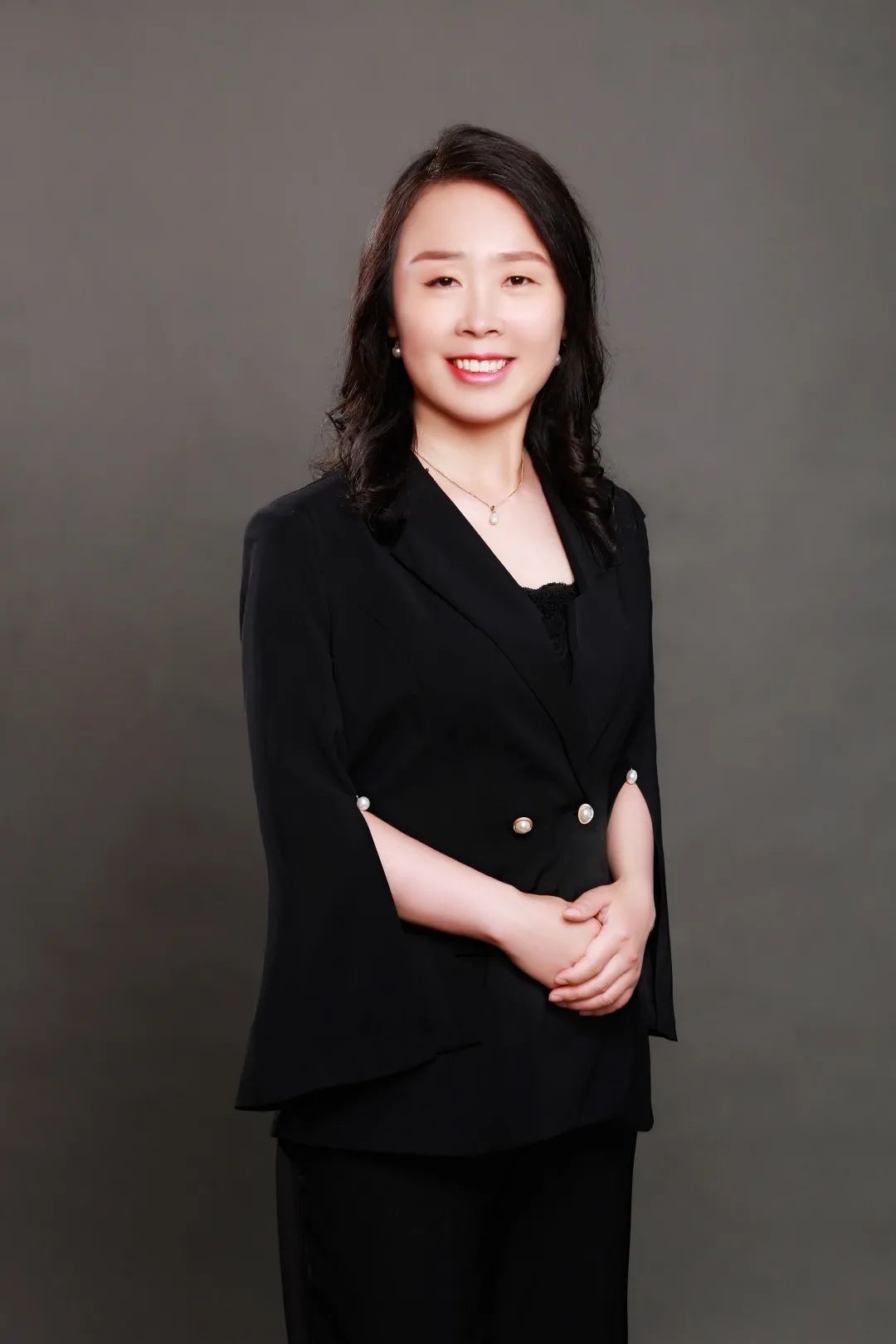On July 15, the 17th China Young Women Scientist Award ceremony was held in Beijing, with 20 China Young Women Scientist Awards and 5 team awards presented. Zhang Dongju, Cuiying professor of Lanzhou University, won the China Young Women Scientist Award.

The Qinghai-Tibet Plateau is the roof of the world, the water tower of Asia, and an important conservation site for the distinctive culture of the Chinese people, and is of great significance for understanding human evolution and dispersal. Relying on the National Second Comprehensive Scientific Research Project on the Tibetan Plateau, Zhang Dongju has focused on the historical issues of prehistoric human activities on the Tibetan Plateau and carried out long-term systematic research work under difficult circumstances in the west, and achieved a series of innovative results with international impact. The main achievements include the identification of the first Denisovan fossil other than the Denisovan Cave in Siberia, which pushes the earliest human activity on the Tibetan Plateau to at least 160,000 years ago. For the first time, ancient human DNA was successfully extracted from an archaeological site in China and determined to be Denisovan mitochondrial DNA, proving that Denisovans lived on the eastern side of the Eurasian continent for a long time.

Fu Qiaomei (left) and Yang Xiaofei (right)
Fu Qiaomei, director and researcher of the Laboratory of Molecular Paleontology at the Institute of Vertebrate Paleontology and Paleoanthropology of the Chinese Academy of Sciences, Cuiying Professor of Lanzhou University, and Yang Xiaofei, researcher of School of Physics at Peking University, 2005 alumna of the College of Nuclear Science and Technology, were also awarded the prize.
Since the establishment of the China Young Women Scientists Award in 2004, three of our faculty members have received the award, namely Professor Zhao Yan for her research on sporopollenin (awarded in 2011 and a 2011 recipient of the National Science Fund for Distinguished Young Scholars), Professor Gou Xiaohua for her research on tree whorls (awarded in 2012 and a 2015 Chang Jiang Scholar), and Professor Zhang Dongju for her research on environmental archaeology (awarded in 2020 and a 2020 Young Chang Jiang Scholar), all from the Environmental Change and Environmental Archaeology Team led by Academician Chen Fahu.
Extended reading:
The "China Young Women Scientists Award" is a national award for female scientists, aiming to reward young women scientists who have achieved significant scientific and technological achievements in the field of science, and to inspire young women to devote themselves to science by the power of role models. From 2020 onwards, the number of young scientists will be increased from 10 to 20. The China Young Women Scientists Award has been awarded 17 times so far, with a total of 164 outstanding female scientists receiving the award. In 2019, for the first time, the project will offer and recognize the "China Young Women Scientist Award Team Award", with five teams selected for each edition.